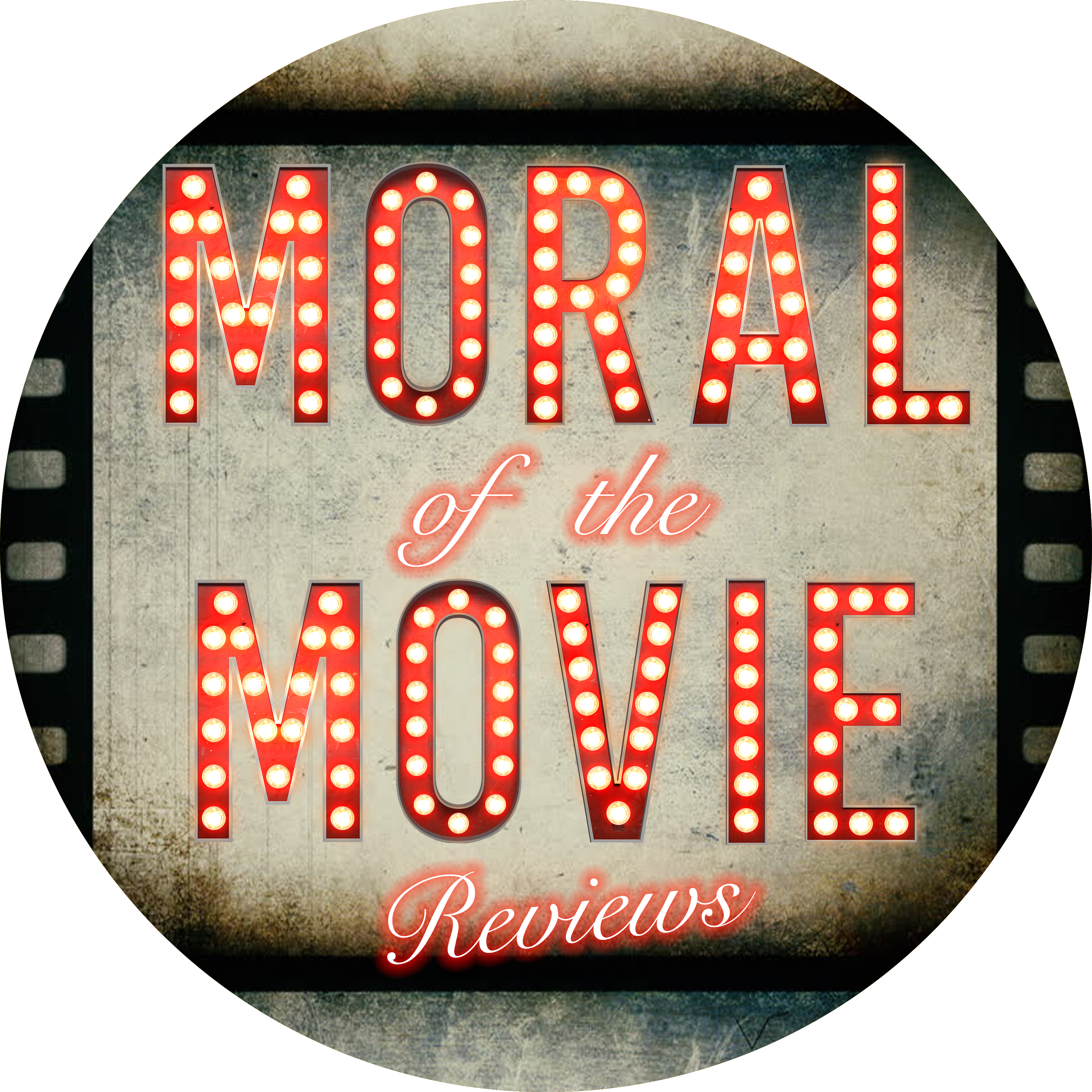
Moral of the Movie - Review
Cop Land (1997)
Crime Drama, Directed by James Mangold | Rating: Memorable One-Night Stand | Published: Sept. 2, 2022, 9:20 a.m.

|

|
MORAL OF THE MOVIE
Prisoners is an incredible work of art. I can go hours into analyzing every little symbol and meaning behind scenes/moments in the film. The best part about the movie, though, is that it doesn’t give clear-cut answers to the questions and dilemmas it poses. It’s all very open to interpretation as to what it’s trying to convey in its message regarding ethics and morality. That’s why I think this is a great second movie to review so that all of you can share your own thoughts and interpretations of the film’s themes.
WHO I THINK WOULD MOST ENJOY THIS MOVIE
People who like Martin Scorsese-type crime dramas focused on corruption and abuse of power. Also, people who like the usual suspects of Scorsese movies (ie. Ray Liotta, Harvey Keitel, Robert De Niro).
ADDITIONAL NOTES/COMMENTARY
Cop Land is the second film of one of the best lesser-known directors out there today: James Mangold (Logan, Ford v Ferrari, 3:10 to Yuma). This film explores a lot of what is being highlighted in the Black Lives Matter movement, which is even more tragic since the film was written and made over 20 years ago. The movie even includes a dishearteningly familiar sequence in which corrupt officers plant a gun to cover up another officer’s murder of two innocent black men. This is is yet another example of how systemic racism and abuse of power against black people have been ongoing for too long now. It is up to EVERYONE to learn from these films and historic moments in order to then use these lessons to make our communities safer for EVERYONE. There are many more examples that dive into the racial oppression of black people (and I will get into later on), but I wanted to first focus on police officers’ lack of accountability when unsupervised that needs to be addressed. Another issue that is actually highlighted in the name of the movie itself is that most police officers don’t actually live in the neighborhoods they are supposed to serve and protect, which creates an emotional detachment between the two that fosters the systemic racism and oppression we see in the film and real-life. Mangold recently said it best: “When cops don't live in a place they protect, they're not protecting their community. The people in the city [are] devalued. Indeed, many commuting cops worry most about ‘containing problems’ in the city so they don't ‘leak’ to the burbs where they live.” This is just one of the many issues that need to be addressed in police reform in order to better protect and serve EVERYONE in the community. I’m glad films like Cop Land exist to educate us on such matters and further inform our own understanding of the issues that plague ALL of our communities.
Sign Up For Updates!
Never miss the opportunity to learn a moral from film, television, and video games again! Submit your name and e-mail to receive updates whenever a new post is published!
Subscribe to the newsletter!